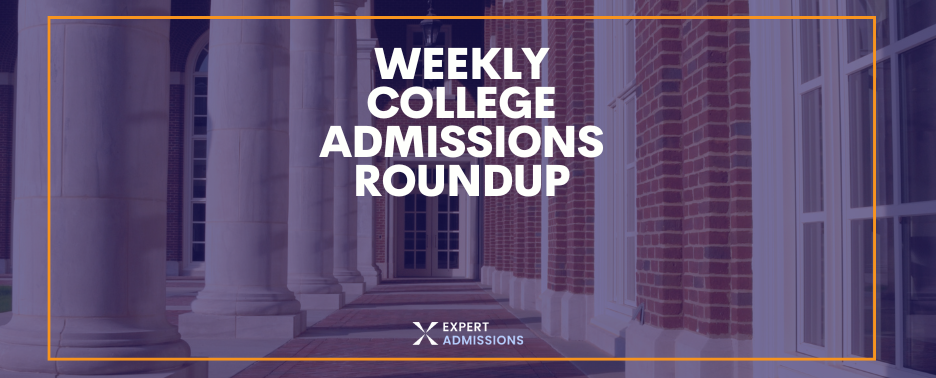
This week in college admissions, 85% of admitted students to Harvard have accepted their offers, a federal judge strikes down the Education Department’s anti-DEI guidance, a recent study finds that test-optional policies make a difference in increasing diversity, and the Trump administration is cutting over 20 cultural exchange programs.
Approximately 85% of admitted students to Harvard’s class of 2029 have accepted their offers, the university’s admissions office revealed this week. The proportion of international students will remain roughly steady compared to previous years. Women make up a slight majority of the enrolled class, and 21% of the class are first-generation college students.
A federal judge invalidated two Education Department directives—one threatening to withhold federal funding from K–12 schools and colleges that maintain race-based or DEI-related programs, and another requiring state agencies to certify they do not enact such measures. The court found the guidance was overly vague, leaving institutions uncertain about impermissible DEI practices.
A recent study on test-optional admissions policies found that eliminating standardized testing requirements generally increased diversity and enrollment of underrepresented students, though not always. The effect was reduced at universities that continued to value other quantitative academic metrics as a significant factor in their admissions process.
The Trump administration is moving to cut funding for more than 20 U.S. cultural exchange programs, totaling around $100 million. Flagship initiatives like the Fulbright program are not immediately affected, but exchange advocates are concerned that the cuts set a precedent that could endanger these programs in the future.
Leave a Reply